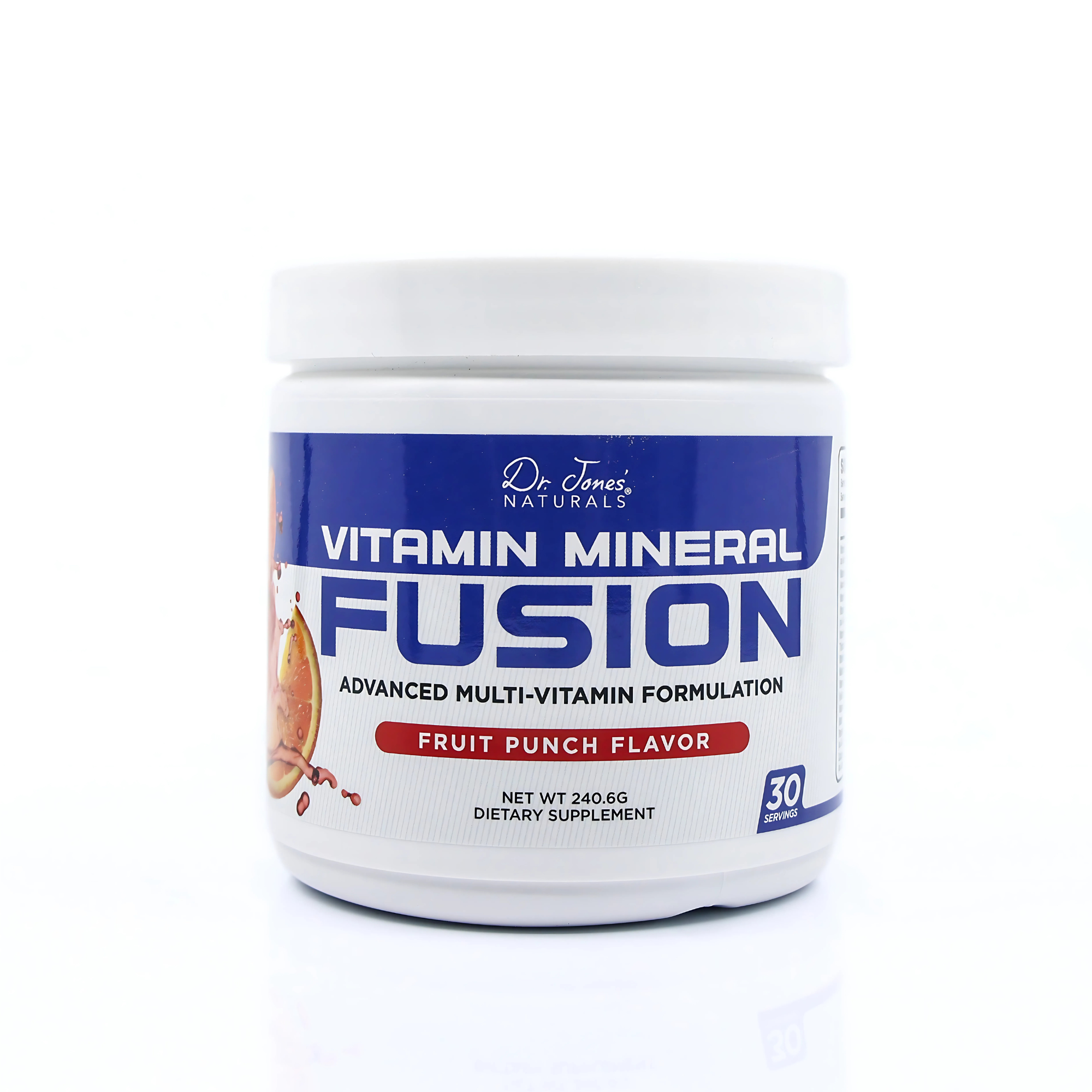The Top 10 Nutritional Deficiencies: Insights from Recent Research
Nutrition serves as the bedrock of our health, influencing every aspect of our well-being. However, despite our efforts to maintain a balanced diet, nutritional deficiencies can still arise, impacting our vitality and quality of life. Recognizing and addressing these deficiencies is crucial for optimizing health and preventing potential complications. In this guide, we'll explore the top ten common nutritional deficiencies and strategies to rectify them through dietary adjustments and targeted supplementation.
- Iron Deficiency: Essential for oxygen transport and energy production, iron deficiency can lead to fatigue and anemia. A study published in the Journal of Nutrition found that iron supplementation effectively improved hemoglobin levels and reduced fatigue in women with iron deficiency. Additionally, research in the American Journal of Clinical Nutrition highlighted the importance of consuming vitamin C-rich foods alongside iron supplements to enhance absorption and efficacy.
- Vitamin D Deficiency: Crucial for bone health and immune function, inadequate vitamin D levels are common, especially in regions with limited sunlight exposure. A meta-analysis published in The Lancet Diabetes & Endocrinology concluded that vitamin D supplementation significantly reduced the risk of bone fractures. Furthermore, a study in Nutrients demonstrated that combining vitamin D supplements with calcium enhanced bone mineral density in postmenopausal women.
- Vitamin B12 Deficiency: Vital for nerve function and red blood cell production, vitamin B12 deficiency is prevalent, particularly among vegetarians and vegans. Research published in PLOS ONE showed that regular consumption of fortified foods effectively prevented B12 deficiency in vegan populations. Additionally, a study in the Journal of the American Medical Association underscored the role of B12 supplementation in improving cognitive function and reducing the risk of neurodegenerative diseases in older adults.
- Calcium Deficiency: Necessary for bone strength and muscle function, calcium deficiency can increase the risk of osteoporosis and fractures. A randomized controlled trial published in Osteoporosis International demonstrated that calcium supplementation significantly improved bone mineral density in postmenopausal women. Moreover, a study in Nutrients emphasized the importance of combining calcium supplements with vitamin D for optimal bone health outcomes.
- Omega-3 Fatty Acid Deficiency: Omega-3s play a crucial role in heart and brain health, yet many fall short of recommended intake levels. Research published in Circulation indicated that omega-3 supplementation reduced the risk of cardiovascular events, particularly in individuals with elevated triglyceride levels. Furthermore, a meta-analysis published in The American Journal of Clinical Nutrition suggested that omega-3 supplementation may improve cognitive function and reduce the risk of cognitive decline in older adults.
- Magnesium Deficiency: Magnesium is involved in hundreds of biochemical reactions in the body, impacting energy production, muscle function, and more. A study in Nutrients found that magnesium supplementation improved insulin sensitivity and reduced inflammation markers in individuals with metabolic syndrome. Additionally, research published in the European Journal of Clinical Nutrition demonstrated that magnesium supplementation alleviated symptoms of depression and anxiety in adults with mild-to-moderate symptoms.
- Vitamin A Deficiency: Important for vision, immune function, and skin health, vitamin A deficiency is a global concern. A study in The American Journal of Clinical Nutrition showed that vitamin A supplementation reduced the risk of mortality in children under five years old in regions with high prevalence of deficiency. Furthermore, research in JAMA Dermatology suggested that topical application of vitamin A derivatives effectively treated acne vulgaris.
- Vitamin E Deficiency: An antioxidant vital for immune function and skin health, vitamin E deficiency may occur due to inadequate dietary intake. A meta-analysis published in JAMA Oncology indicated that vitamin E supplementation reduced the risk of prostate cancer in men. Additionally, research in Experimental Dermatology suggested that vitamin E supplementation improved skin hydration and protected against UV-induced damage.
- Zinc Deficiency: Essential for immune function, wound healing, and DNA synthesis, zinc deficiency is associated with impaired growth and increased infection risk. A study in The Journal of Nutrition demonstrated that zinc supplementation reduced the incidence of diarrhea and acute lower respiratory infections in children under five years old. Moreover, research in The American Journal of Clinical Nutrition showed that zinc supplementation improved markers of sperm quality and fertility in men with low zinc levels.
- Iodine Deficiency: Crucial for thyroid function and metabolism, iodine deficiency remains a global health issue. A study published in Thyroid found that iodine supplementation effectively restored normal thyroid function in individuals with iodine deficiency disorders. Furthermore, research in Nutrients suggested that iodine supplementation during pregnancy improved cognitive development and IQ scores in offspring.
While nutritional deficiencies can pose significant health challenges, proactive measures such as dietary modifications and supplementation offer effective solutions. By prioritizing nutrient-rich foods and seeking guidance from healthcare professionals, individuals can address deficiencies and cultivate a foundation of robust health and vitality for years to come.
Dr. Jones Naturals offers a comprehensive range of high-quality supplements specifically formulated to address these common deficiencies and support optimal well-being. By prioritizing nutrient-rich foods and incorporating appropriate supplements under professional guidance, individuals can proactively support their health and prevent potential complications associated with nutritional deficiencies.





